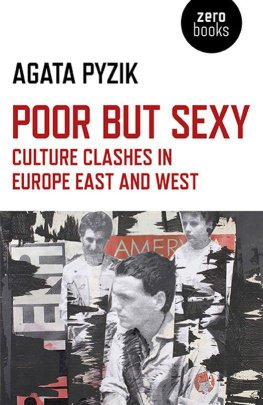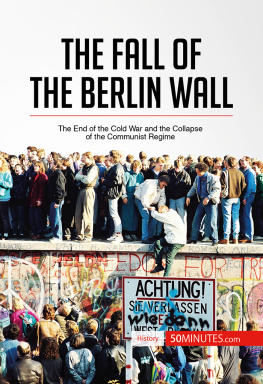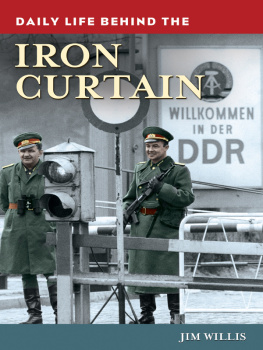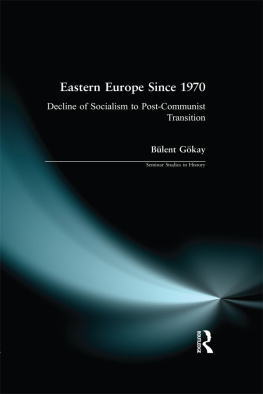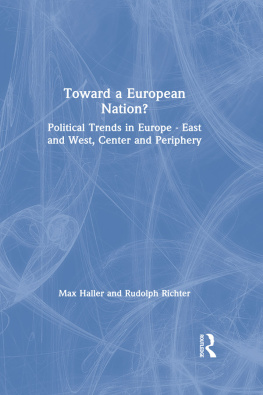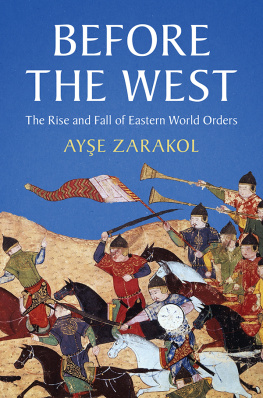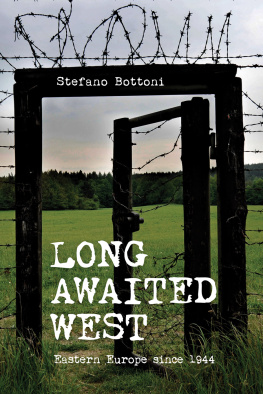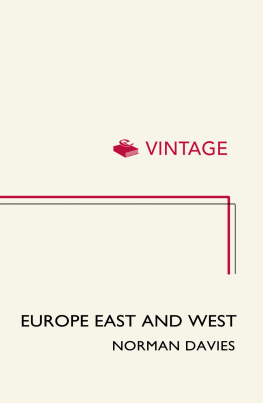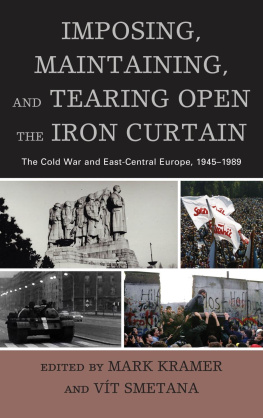First published by Zero Books, 2014
Zero Books is an imprint of John Hunt Publishing Ltd., Laurel House, Station Approach, Alresford, Hants, SO24 9JH, UK
www.johnhuntpublishing.com
www.zero-books.net
For distributor details and how to order please visit the Ordering section on our website.
Text copyright: Agata Pyzik 2013
ISBN: 978 1 78099 394 2
All rights reserved. Except for brief quotations in critical articles or reviews, no part of this book may be reproduced in any manner without prior written permission from the publishers.
The rights of Agata Pyzik as author have been asserted in accordance with the Copyright, Designs and Patents Act 1988.
A CIP catalogue record for this book is available from the British Library.
Design: Stuart Davies
Printed and bound by CPI Group (UK) Ltd, Croydon, CR0 4YY
We operate a distinctive and ethical publishing philosophy in all areas of our business, from our global network of authors to production and worldwide distribution.
CONTENTS
For Owen
Who controls the past, controls the future
Who controls the present controls the past
George Orwell, Nineteen Eighty-Four
A cheap holiday in other peoples misery
I dont wanna holiday in the sun
I wanna go to the new Belsen
I wanna see some history
cause now I got a reasonable economy
Now I got a reason, now i got a reason to be waiting
The Berlin Wall
Sensurround sound in a two inch wall
Well I was waiting for the communist call
I didnt ask for sunshine and I got World War Three
Im looking over the wall
And theyre looking at me!
Well theyre staring all night and
Theyre staring all day
I had no reason to be here at all
But now I gotta reason its no real reason
And im waiting at the Berlin Wall
Claustrophobia theres too much paranoia
Theres to many closets I went in before and
Now I gotta reason, its no real reason to be waiting
The Berlin Wall
Gotta go over the Berlin Wall
I gotta go over the wall
I dont understand this bit at all
Please dont be waiting for me
The Sex Pistols, Holidays in the Sun
Introduction
When at some point in writing this book I went to Housmans, the renowned socialist bookstore in Kings Cross, London, to make sure I had everything I needed for writing on the legacy of the Soviet socialist times, I had a shock. The shops cellar, clearly neglected, presented a real dustbin of history: piles upon piles of books, torn, dusty, and clearly untouched for decades, all on the now obviously unwanted subject of Soviet socialism. Years of magazines, brochures, journals, political analyses of events that used to light up the nations, now presented the possibly most undesired moment of history. Is it really all over? Now, as I once heard from a Polish friend in London, were all free and happy. Moreover, those of us, who were lucky and entered the club of so-called normal countries (i.e., entered the EU) could help those others less lucky, like Belarus, Ukraine or Russia, to achieve this ideal of democracy.
But could anyone seriously come to such a conclusion? The Big Change, promised after 89 didnt happen. Instead, we developed political and cultural polarizations that are dividing the public sphere in most ex-communist countries. Every day, dozens of cheap flights carrying a migrant workforce from Poland and elsewhere in Eastern Europe are launched back and forth from the British Isles; and every day, racist articles in the gutter press seem to tell a different story. Three decades ago Eastern Europe was on everybodys lips because of communism, revolutions, invasions, workers struggle. Now Western newspapers, if they write about us at all, its because we comprise an eastern danger to the British job market, or they praise us for growth, i.e. successful austerity measures. The respective countries are described mostly with disappointment, as they didnt exactly become what they were supposed to, rather becoming a liability to the initially so open European Union. As all the force of the liberal governments in those countries was at best aimed at erasing that there was ever communism in there, the reality confirmed that over 23 years after the collapse of the Wall were still defined by the past, in economic, cultural and every other respect lagging behind the ideal that is Western Europe. As the EU now suffers the biggest crisis since its inception, there emerges a space for a discussion over whether Club Europe or Club West are really the best possible worlds.
The relationship the West, by which we mostly mean Western Europe and the United States, has with the former Bloc still often brings to mind the Cold War era hostility. Indeed, to use the concept of the popular liberal pundit Edward Lucas book, The New Cold War (with the subtitle And how to win it), prefaced by Norman Davies and recommended by Anne Applebaum no less, spreads the popular opinions on the former East (specifically, Russia) as still dangerous to our democracy. Association with the East is still nothing positive or to be proud of: for that reason we even designed the term Central Europe, a geographical manipulation, to drag us more to the West, or more like, away from the East, as much as we can.
Although Russia, Poland, the Baltic states, Hungary, have all become capitalist, and often to an extreme degree, it seems that they have not become so enough, or not enough for Western standards. In the criticism of Russia especially, while public opinion rightly points out the censorship, homophobia, mistreatment of political prisoners and other abuses of democracy, there is rarely a criticism of the economic turn Russia has taken after 1991. In the criticism of the previous regime, rarely is it mentioned that since the beginning of the 1990s there were over 2.5 million excess deaths, mostly as a result of poverty and its malaises, like alcoholism, causing a drastic lowering of life expectancy, from 63.5 for men in 1991 to 58.6 ten years later.
All of the post-socialist economies underwent a massive collapse, but what we mostly get as a response is a shrug of the shoulders: it had to hurt. As we can see though, especially since the capitalist crash in 2008, there has been a growing tendency to discuss the socialist and communist project again, to shyly come back to reading Marx and classics of Marxism, which slipped from public debate a long time ago. Such discussions happen not only in narrow academic or leftist/activist circles, but are discussed at large by prominent economists, like Paul Krugman, who are openly critical of the way the Former East is currently beating recession and crisis with drastic austerity measures. Still, in the former East itself, this debate barely exists. We still pursue the already obsolete model of creative capital, bankrupted elsewhere, privatisation and credit bubbles, still discuss the information society, while the dismantled health care and lack of jobs are leaving more and more people below the poverty line. We tackle the crisis with austerity, with no discussion about the alternatives.

0.1 Center of Warsaw, capital of a regular European country. Gigantic adverts cover the modernist pavilion, with the Leszek Balcerowicz installed register of public debt over the Sin Strip Club

